Nutrition


Benefits of Carnivore Diet for Powerlifting: The Pros and Cons
Useful articles
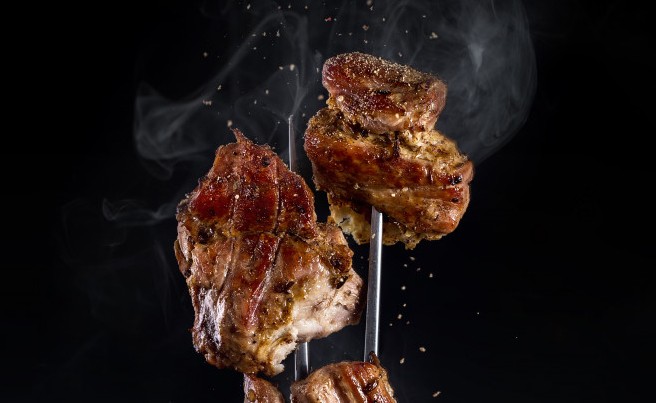
Powerlifting is one of the most visceral displays of raw strength in the world. It’s a strength sport, where competing isn’t about looks, or agility, or team versus team; it’s about one thing and one thing only. How much you can lift.
Powerlifters often look for anything they can find to give them an advantage, to help them lift that one extra kilo. Among the many factors, they can tweak and control is diet. One such diet is the carnivore diet.
What is the Carnivore Diet?
As you might expect from the name, a carnivore diet is just that: a diet focused around carnivore habits. Eating meat, fish, and other sources of protein, while excluding other kinds of food, including fruits, vegetables, and grains.
Many people use the carnivore diet as a way to lose weight. One of the largest contributing factors in weight gain is carbohydrates, and a carnivore diet cuts carbs down to the bare minimum. Some people include eggs and dairy as animal products, while others restrict themselves to only meat.
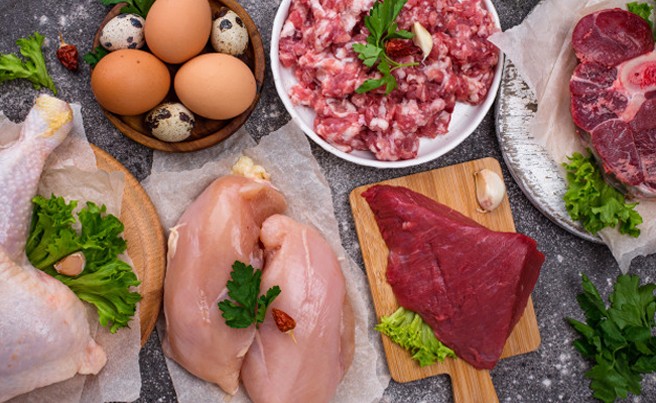
On the one hand, it’s undeniable that there are way too many unhealthy carbs in the average diet. The carnivore diet cutting out things like sugary treats, junk food, and bread can have a huge impact on stanozolol tablets weight loss and fat retention. On the other hand, humans didn’t evolve to be carnivores, and it’s tricky to maintain this kind of diet without a very careful balance of supplements.
A high protein diet helps with muscle growth, and more muscle means more ability to lift. It sounds like a great match: powerlifting could presumably benefit from a carnivore diet. Is it really a good idea, though? Let’s look at the pros and cons.
The Pros of a Carnivore Diet
First, let’s talk about the benefits of opting for a carnivore diet. There are quite a few of them, though some of them are more anecdotal than others.
The carnivore diet is excellent for losing weight quickly. One of the largest drivers of weight gain is carbs. Carbs are hugely energy-dense, and your body is happy to store that energy as fat for lean times later. When you’re not eating carbs, you’re putting your body into a state known as ketosis, where it burns fat for energy to keep going. Ketosis gives you a lot of energy and helps you lose a lot of weight. Some people have had some very astonishing transformations in a year or less on a carnivore diet.
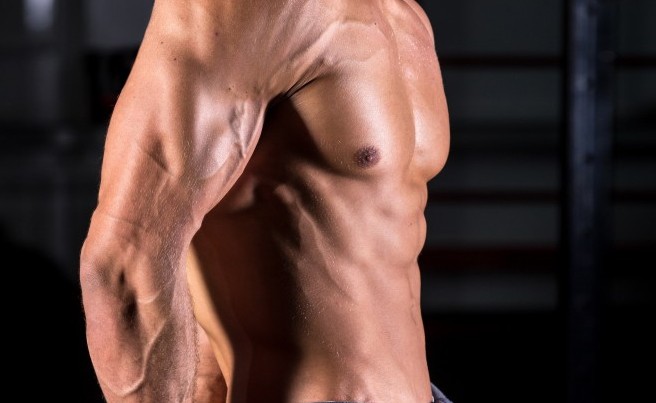
Now, if you’re a powerlifter already, you probably aren’t concerned with the weight loss. However, if you want to drop a few dozen pounds and get into lifting, carnivore can be a good option as a place to start.
The all-meat diet helps increase testosterone. Testosterone is a huge driving factor in your ability to build both muscle and strength, which is why using testosterone supplements is considered doping. Carnivore dieting is a natural way to increase testosterone without needing to take it externally and, thus, get in trouble for it. It won’t be to the same scale as synthetic injections, of course, but it’s still beneficial for both strength and mass.
Carnivore diets help reduce insulin spikes and one of the biggest causes of diabetes. Eating carbs wreak havoc on your endocrine system, causing spikes and valleys in your insulin levels and leading to imbalances in energy levels, among other things. A carnivore diet can have a positive effect on early the stages of diabetes and, in some extreme cases, may even be considered a cure.
Many people have low-level allergies to plants that may cause systemic discomfort, which is eliminated in a carnivore diet. Gas, bloating, constipation, and other digestive issues are sone of the more common symptoms of an omnivore diet that is poorly balanced. Those, along with systemic inflammation, are occasionally attributed to a low-grade allergy to something you’re eating without realizing it. By cutting out all of that nonsense and restricting yourself to just meat and water, you’re minimizing the possible allergens you’re eating, and get rid of a lot of those symptoms.
Extremely high levels of collagen and other nutrients improves joint health. Just about everyone who converts to the carnivore diet reports their joints feeling much better after just a few weeks on the diet. Joints don’t click when pushed, they don’t ache, they feel smoother and are no longer a weak point in the body. This is generally attributed to the collagen in the connective tissue of the meat, though it could have other causes as well.
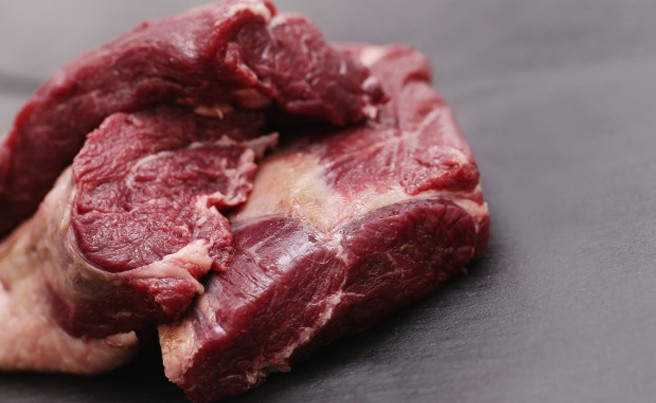
Many people find a carnivore diet reduces or eliminates soreness after training. In fact, some people report that they have so little soreness that they can train every day, without feeling like they’re injuring themselves. Whether or not they actually are injuring themselves is another story, but they claim they aren’t, and they’re still able to lift high weights, so the proof is in the meat pudding, so to speak.
Often people find they sleep better on a carnivore diet, which enhances recovery. Sleep is perhaps the most crucial ingredient in any workout routine, and it’s often underappreciated. Many people on the carnivore diet report that they sleep better and better sleep means better recovery.
The Cons of a Carnivore Diet
So what about the flip side? If the carnivore diet was perfect, everyone would do it, so it has to have some kind of drawbacks. And, indeed, there are quite a few of them.
It’s an extremely strict diet that can be very hard to stick with. When you’re on the carnivore diet, you’re very limited in what you can and can’t eat. You can do meat, poultry, fish, and occasionally eggs and some dairy, but that’s basically it. You can drink water and pretty much nothing else. You even have to avoid some kinds of meat because they use sugar in their spice rubs. It’s a very extreme diet, and a lot of people don’t have the willpower to stick with it for very long.
Leaner muscles have less “bounce” to help you pull out of a squat or bench press. Lower amounts of fat and water weight in muscles means those muscles are leaner. They aren’t necessarily less strong, but you do have less tension and less leverage in your lifts. This primarily impacts squats, and to a lesser extent the bench press, but less so other exercises like the deadlift. Some people view the bounce as a bit of a crutch, but others consider it a critical part of the exercises, so a lot depends on your perspective whether or not this is a good thing.
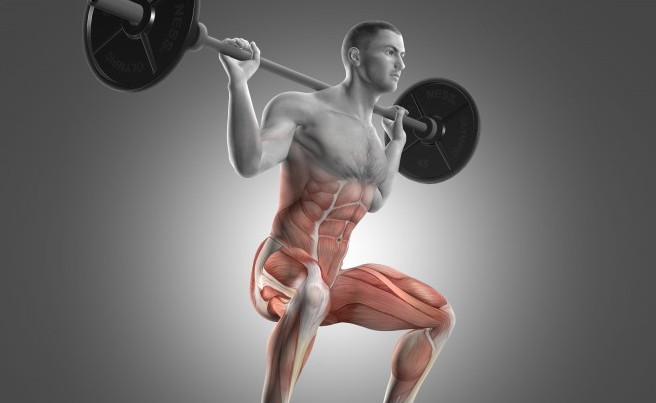
With less pain from training, it can be easy to over-train and injure yourself. Pain is the body’s way of signaling an injury. If you don’t have pain, you can injure yourself and not really know it. Now, is the reduced pain in a carnivore diet due to a deadening of the nerves and signals, or it is a reduced rate of injury? We don’t know. In fact, that’s one problem with the carnivore diet; a lot of the more complex side effects just aren’t really studied or known yet. More on that later.
Some people find that it’s hard to put or keep weight on with pure carnivore. While one of the pros of the carnivore diet is the ability to lose weight quickly, it’s just as much of a con when you want to put on muscle mass and gain weight. It can be pretty difficult to get enough calories from meat, even fatty meat, to stay at the maintenance level, let alone increase weight. It takes a lot of dedicated eating, and some people find they just really don’t like having to eat two or three pounds of meat every single day.
Your body needs a lot of nutrients you can’t get from meat, so you need to be careful with supplements. Meat doesn’t have a lot of the minerals, vitamins, and nutrients that the typical person usually gets out of grains, vegetables, or fruits. There are a few different solutions to this problem, but the best – actually eating those things – doesn’t work with a carnivore diet. Keto, sure, or low carb in general, but not full carnivore diet. Instead, you need to take a range of supplements, monitor how your body acts and reacts, and adjust your supplement balance to make sure you’re not suffering from any nutritional deficiencies that can ruin your health in the short or long term.
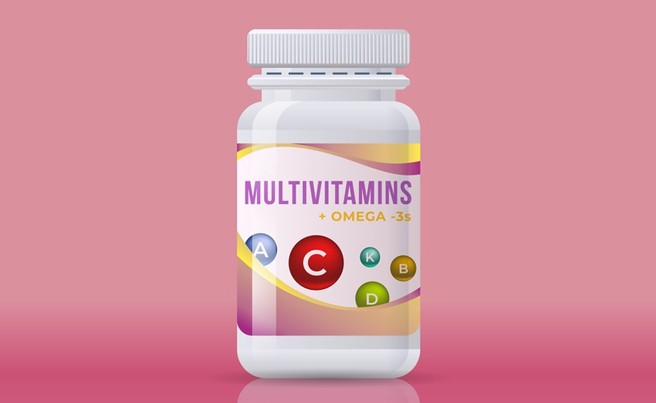
There are variant diets (like the vertical diet) that work just as well. Some people consider the carnivore diet to be a starting point, not the endpoint for dieting. It’s a good idea to start, but then it can be adjusted and improved upon with the careful addition of other ingredients. One such option is the Vertical Diet, which is primarily a carnivore diet with added white rice to bring in carbs that boost weight, mass, energy, and health without overloading the body on all the nastiness of most other carb sources.
Depending on what your goals are with your powerlifting, you may find that a pure carnivore diet does more to hold you back than it does to help. It is, again, a great way to lose weight and kill your cravings for sugar, but it’s not necessarily a good long-term diet option. You may need to turn to something a little more balanced for long-term health.
A pure protein diet can cause higher cholesterol, which can increase the risk of heart disease. We’ve seen both sides of this argument. Some people claim that the science that shows saturated fat leads to high cholesterol leads to heart disease is faulty. Some claim that it’s solid, and that a diet high in saturated fats – like carnivore – increases the risk of heart disease. Since heart disease is already a highly dangerous killer, increasing your risk of it is not a good idea. Now, some people will argue that the good fats in meat counteract the bad fats, but the problem is there’s just not enough study on it to say one way or the other.
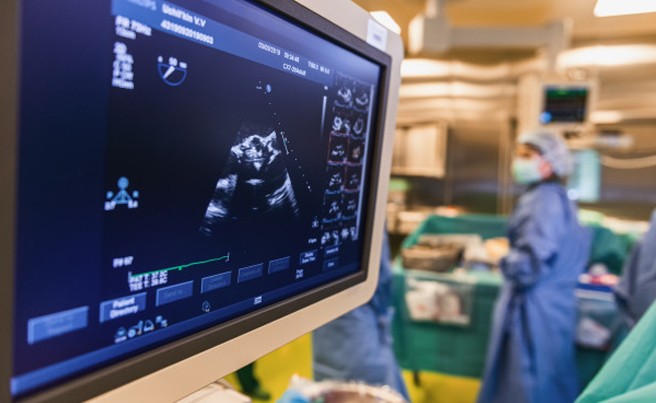
You’re likely to get way more sodium than you need. Meat is generally very high in sodium, and a high sodium diet has a wide range of negative side effects. You have to take care to balance out the sodium, drink plenty of water, and generally balance it out. Again, the carnivore diet is very high maintenance, and you need to put in a lot of work to strike a balance where your body can handle it.
Carnivore diets can be very boring for some people. Some of us happen to like a variety of different foods, and a carnivore diet does not give you a lot of flexibility. Sure, you have red meat, pork, poultry, fish, and eggs, but you don’t have any grains, any fruits, any vegetables, any beverages… there’s a huge trade-off. For people who view eating as a chore they have to do every day, that’s fine. For people who take pleasure in eating a variety of different meals, the carnivore diet can be very restrictive.
A General Lack of Science
To round things out, we have to make a pretty big disclaimer here at the end. The fact is, there’s actually very little study into the carnivore diet out there. Much of the science-backed factoids you find are from limited and unrelated studies that show short-term benefits to small groups of people – or short-term detriments that may be exacerbated by other factors – and it’s all synthesized into what is more of dietary mythology than science-backed facts.
There are many powerlifters and fitness experts who swear by the benefits of the carnivore diet, but scientific studies can take years, so it will be some time before the science is out on this new trend.
You can put your faith in whatever perspective you want, and you can use your own body as an experiment. Give carnivore a try. If it helps you reach your powerlifting goals, then great! If, on the other hand, it doesn’t give you many benefits and takes up too much of your time with the maintenance, then it might be better to explore other less restrictive options. As always, the choice, in the end, is entirely yours.
Thank! Your message has been sent successfully.






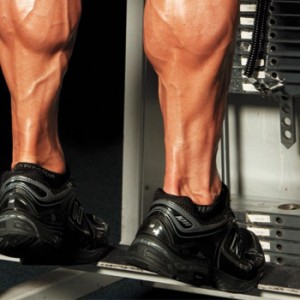



Questions and answers 0